"I don't trust anyone on my team."
So said an Architect to me recently. Perhaps you have no idea what that feels like, perhaps your team is the all-singing-all-dancing collaborative team of dreams. Or not? And if not, how do you address it? For this architect the solution, unfortunately, came down to 'looking for the next firm'.
"Effective Team Working" was voted the top key theme in Pinsent Masons September report "Collaborative Construction 2: Now or Never?". The themes (Effective Team Working, Industry Leadership, Contractual Structures and Changing Risk Profiles, Supply Chain Involvement and BIM and its Impact on Procurement), chosen by 35 industry experts and overseen by Pinsent Masons, are considered to be "at the very heart of the Industry’s apparent reluctance to embrace collaborative working principles and techniques on a day to day basis."
The report mentions Google's ‘Project Aristotle’, a high profile study of teams that identified five factors necessary for team effectiveness:
• Psychological safety: Can we take risks without feeling insecure or embarrassed?
• Dependability: Can we count on each other to do high-quality work on time?
• Structure and clarity: Are goals, roles and execution plans clear?
• Meaning of work: Are we working on something we feel personally invested in?
• Impact of work: Do we fundamentally believe the work we're doing matters?
The key factor that underpins the other four factors is psychological safety. It is not a 'given' with every team and needs to be developed and encouraged. Thinking about your last team meeting could you say what you thought, without fear of judgement or criticism? Could you ask for help? Could you ask what the goal was, without the risk of sounding like the only one who didn't get it?
The report recommends:
"For a team to be truly successful trust is vital; clients and project sponsors must demonstrate a comprehensive appreciation of team dynamics, especially in relation to blame and accountability. To help encourage effective working an independent person to coach a team through challenging issues should be appointed."
Why an independent person? Because it can be difficult for a team to ask themselves the questions that matter the most. What is not being said here? What topics are frequently being brushed off the table? What topics, behaviours, attitudes and/or feelings seem to be unacceptable, improper or questionable for discussion or attention by the group? What might be some unexpressed individual and/or group ‘secret hopes and wishes’?
An independent specialist, such as a team coach is trained to raise the team's awareness in how they behave and perform. Team coaching can focus on establishing a foundation of psychological safety with early team set-up criteria such as:
- The rules of engagement and collaborative behaviour
- An alignment of vision and values
and onto
- insight into the team's patterns, processes and behaviours
- developing the team's resilience to cope with change, conflict, stress
- embedding learning in a cycle of reflection and dialog
- establishing an environment that allows for innovation and creative solutions finding
"A skilled coach can act as “the conscience of the team” and help it to account for its collective performance..."
The report concludes that the "Industry must start to contract for collaborative success, not blame-driven failure". One of the ways to do this is to engage a team coach. If you'd like to know more about team coaching then please do get in touch.


